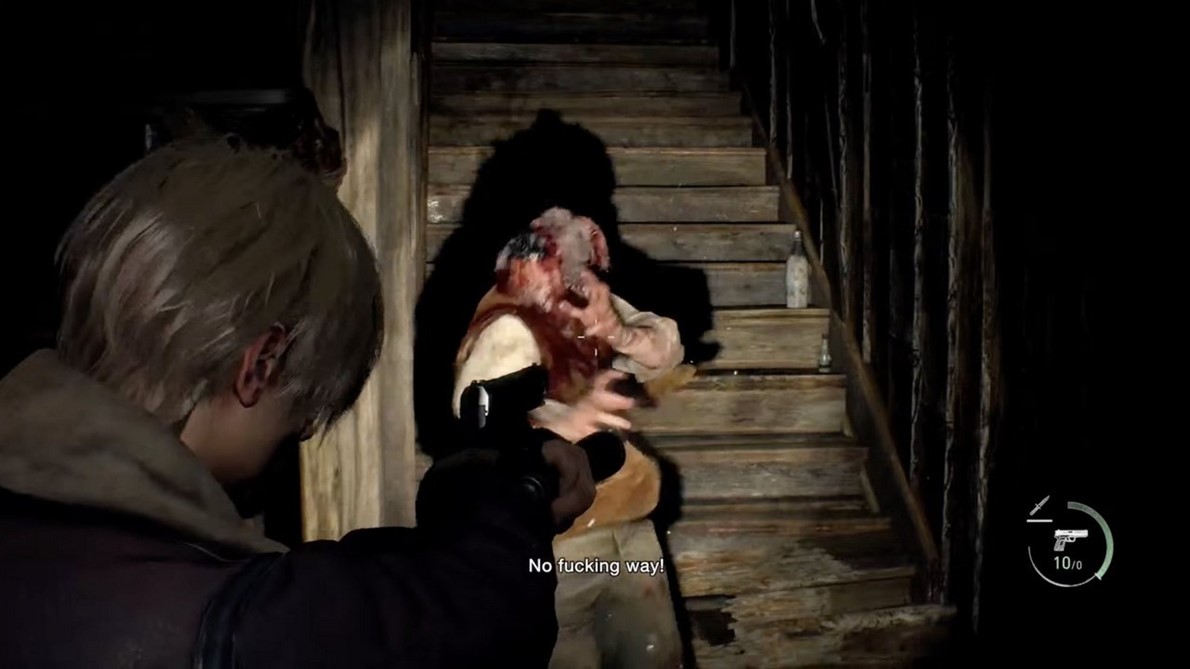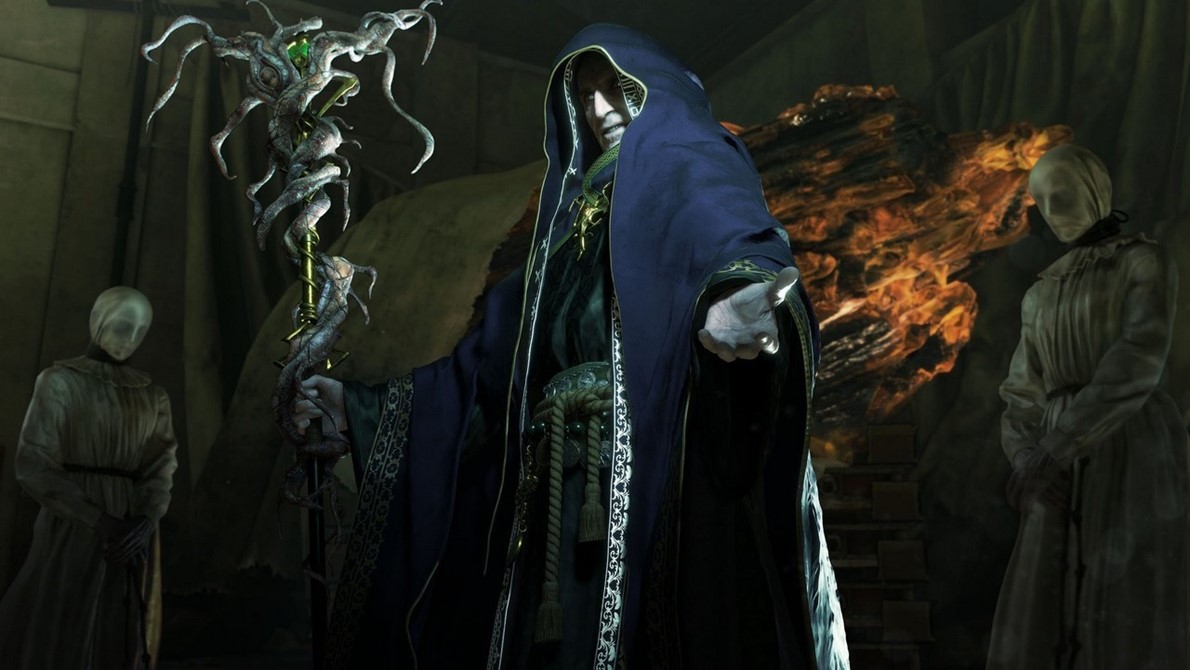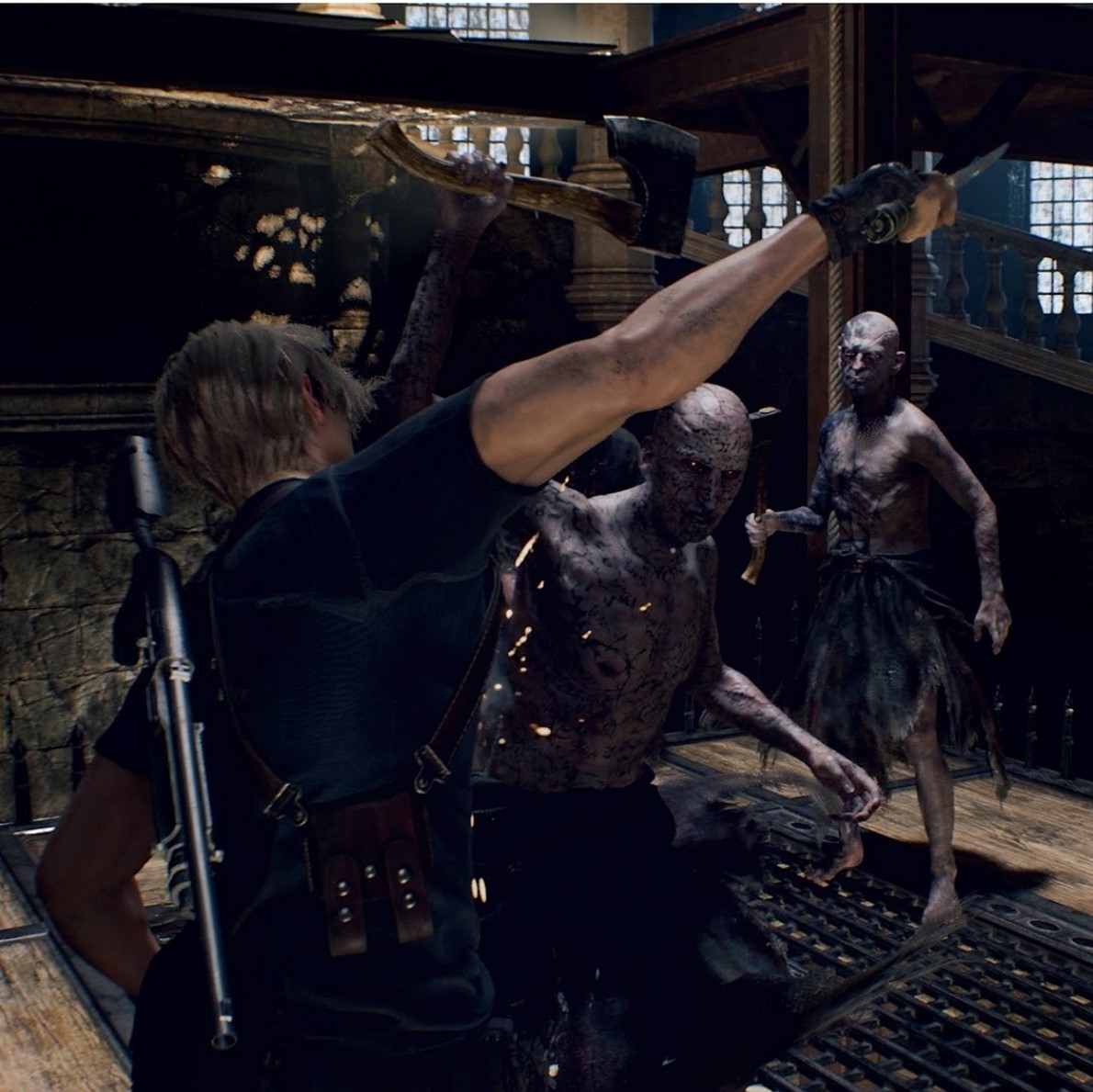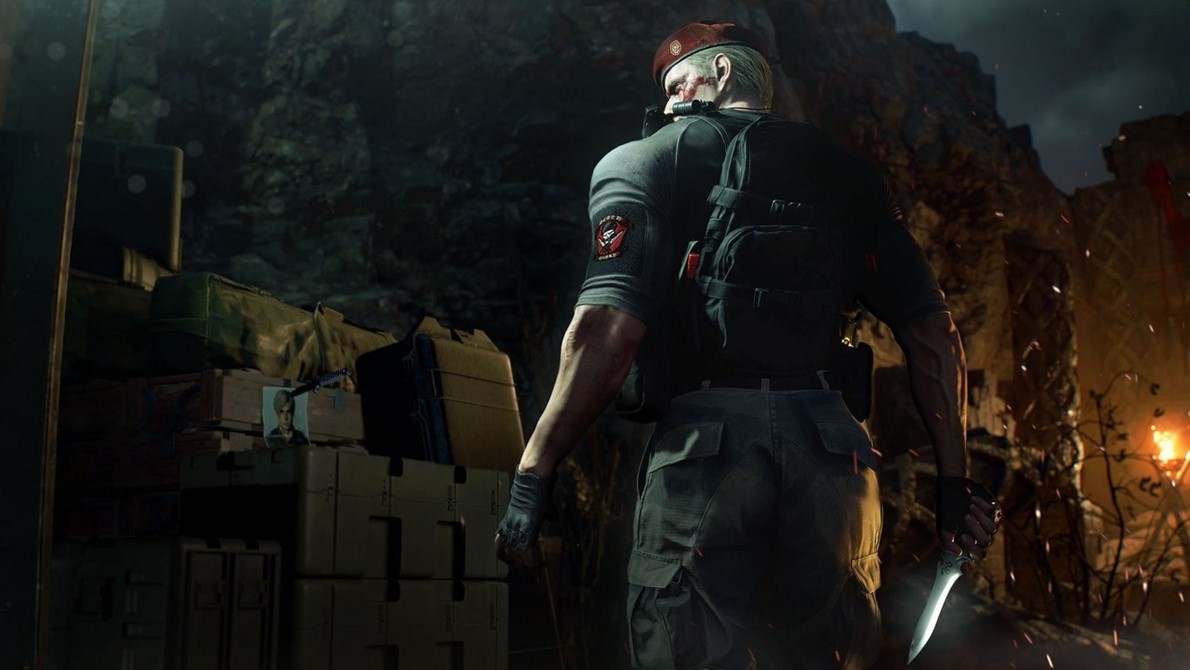Die-hard fans wanted the floating spaceship of their
nightmares, one stocked with mutilated zombies, improvised blowtorches, and
zero-gravity spectacles. Fictional engineer Isaac Clarke navigated this
ramshackle vessel in Dead Space, the popular survival horror video game from
2008 that spawned two sequels.
اضافة اعلان
But when developers at Motive Studios, a division of
Electronic Arts, based in Montreal, revisited the original for a planned remake
nearly 15 years later, something was amiss.

What players remembered as terrifying seemed almost campy by
today’s standards because of technological advancements to graphics and
artificial intelligence that have made gaming more immersive. The developers
realized they would need to start from scratch, dismantling the spaceship,
redesigning the zombies — known as necromorphs — and constructing new
storylines.
“We don’t necessarily want to re-create the game as it was,
but like you remember it,” said the remake’s creative director, Roman
Campos-Oriola, who previously worked on the Ghost Recon franchise. “That often
means breaking stuff, which has a ripple effect.”
The horror people loveJust as horror movies have been lucrative for theaters,
nostalgia for the genre has benefited video game companies. A remake of the influential
Resident Evil 4, considered by some to be one of the best video games ever,
arrived on Friday, and a remake of System Shock, from 1994, is expected to hit
computers in May. The Dead Space remake was the second-best-selling game in the
US in January, according to the market research company NPD Group.
Horror remakes need to shock players in unexpected ways so they cannot predict what is around the corner based on previous play-throughs
Horror remakes need to shock players in unexpected ways so
they cannot predict what is around the corner based on previous play-throughs,
said Yasuhiro Ampo, director of the new Resident Evil 4, which reimagines the
2005 release from the Japanese company Capcom.
“One really big focus in development was to have respect for
what people loved,” he said through an interpreter.
“It’s not only about making something prettier with modern
standards for game graphics,” he added about a game originally released for
consoles like the Nintendo GameCube and Sony’s PlayStation 2, “but to create
that same feeling from when people played these games for the first time.”

The tension in the Resident Evil franchise, about a
seemingly unstoppable virus that has turned people into monstrous zombies, is
amplified by its game mechanics. Enemies crash into the player’s path at
unexpected times, and the restrictive inventory system limits the amount of
ammunition and healing herbs that can be carried.
Changes in the new version include the removal of quick-time
events — which required players to mash specific buttons during cinematic cut
scenes — an innovation in the original that has grown stale through the years.
More controversially, players have the option to automatically sort their
inventory instead of solving a Tetris-like puzzle inside an attaché case, a
minigame many found soothing.
“It’s not only about making something prettier with modern standards for game graphics, but to create that same feeling from when people played these games for the first time.”
The remake now allows Leon, the grizzled protagonist, to
place unwanted weapons in storage and customize his case with colors and charms
that add minor perks, like increased levels of healing. A durability system
returns from previous remakes in the series, meaning Leon’s trusty knife can
break in the middle of blocking an enemy’s attack, leaving the player
defenseless.
Tweaks and adjustmentsEven the tiniest changes, however, are subject to criticism.
After Resident Evil fans criticized a new rainfall animation seen in a preview
video, Capcom said it was working on a patch to adjust the visual effect.

Sometimes veterans from an original series are brought back
to help navigate the challenges of a remake. Mike Yazijian worked as an artist
on the 2011 sequel to the original Dead Space; he returned as the remake’s art
director in his 40s.
One of the first changes Yazijian made was to the
environment of the USG Ishimura, the marooned “Gothic industrial” spaceship
that holds horrible revelations.
“We upped the contrast,” he said, explaining that the lights
were there not only to illuminate the path but also to “make you feel like
you’re in a dentist’s chair”.

One of the game’s most noticeable changes is only possible
because of more powerful software: Players can fully immerse themselves in the
haunting Ishimura, walking from one end to another without being buffeted by
loading screens. The original required players to traverse between sections via
a tram system.
Writing new storiesFor game writer Jo Berry, the challenge of creating new
storylines for Dead Space — Isaac is notably no longer a silent protagonist —
was about elaborating on the original to enhance the game’s immersive horror.
She drew inspiration from the space thriller “Gravity” and serial killer
Hannibal Lecter (Mads Mikkelsen’s version in the TV series “Hannibal”).
“Narrative and gameplay should work together,” Berry
explained. “You don’t want a rom-com when playing your dismemberment game.”
“Narrative and gameplay should work together,” Berry explained. “You don’t want a rom-com when playing your dismemberment game.”
Several developers behind horror games described their task
like choreography, requiring precise timing and deft choices to deliver the
terrifying experiences that players crave. The Dead Space remake uses an AI
program that employees named the Intensity Director, which can inject stress by
generating enemies or creating ominous sounds when players’ actions suggest
they are feeling comfortable.
“We scaled it from one to 10,” said Campos-Oriola, the
game’s creative director. “At one, maybe a light will blink. At three, maybe
there’s a creepy whisper in your ear. Based on what happened next, we might
cool down — or lure you into thinking it will be OK.”
Read more Gaming
Jordan News



